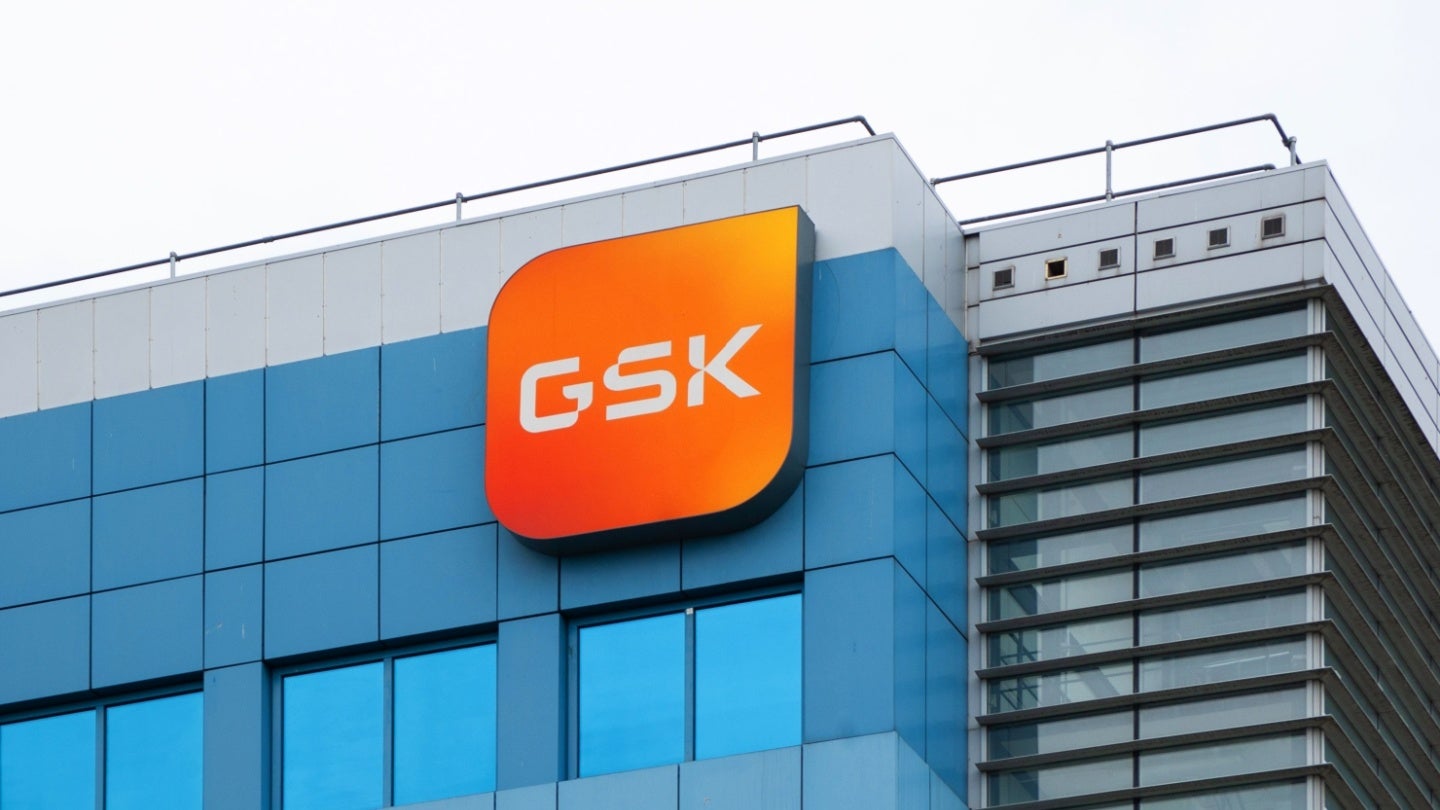Antiverse and GlobalBio extend checkpoint inhibitor collaboration
Antiverse and GlobalBio have extended their collaboration agreement to advance checkpoint inhibitors in cancer through further development. The initial collaboration has already resulted in the identification of two anti-PD1 antibodies that are now entering preclinical development, based on a 16 October announcement. The agreement utilises Antiverse’s artificial intelligence (AI)-driven antibody discovery platform to develop drug targets along with GlobalBio’s ALTHEA semisynthetic libraries for antibody therapy discovery and optimisation. Checkpoint inhibitors are expected to remain the most valuable drugs in the immuno-oncology market and are forecasted to be worth $102bn by 2028, as per GlobalData. The market leader in the field is Merck & Co (MSD)’s Keytruda (pembrolizumab). Keytruda generated $20.9bn in sales in 2022, as per MSD’s financials. GlobalData is the parent company of Pharmaceutical Technology. “This agreement is further validation of our AI-driven drug discovery platform, successfully generating a panel of anti-PD-1 antibodies, with at least two potential candidates entering preclinical development,” said Antiverse CTO Ben Holland in the 16 October press release. “Through these types of innovative collaborations, Antiverse plays a vital role in accelerating the identification and development of novel antibody therapeutics for cancer, reducing drug discovery timelines and costs.” The two PD-1 candidates were selected from a pool of more than 300 clones based on their ability and specificity to bind with human PD-1, as per the companies. The D6 antibodies, which were specific for human Pd-1 and D13, were selected to proceed to preclinical development. Recent partnerships for developing new antibody therapies include Bayer’s licensing agreement with Twist Bioscience to develop antibody therapies against targets supplied by the former. Last week, Almorall licensed EpimAb Biotherapeutics’ Fabs-In-Tandem Immunoglobulin (FIT-Ig) platform to develop up to three bispecific antibody targets.

What's Your Reaction?

































